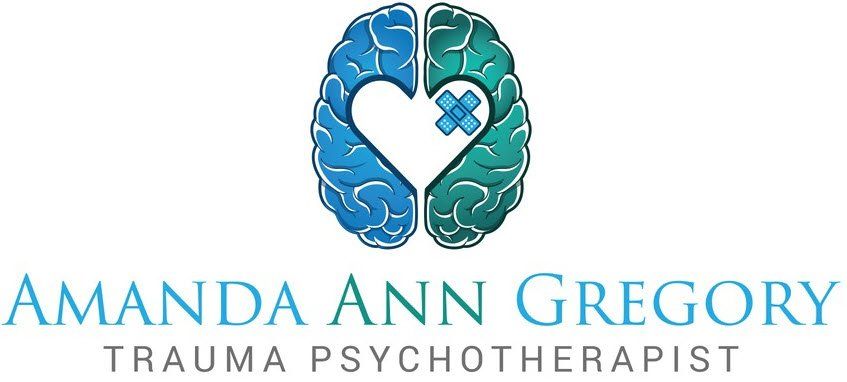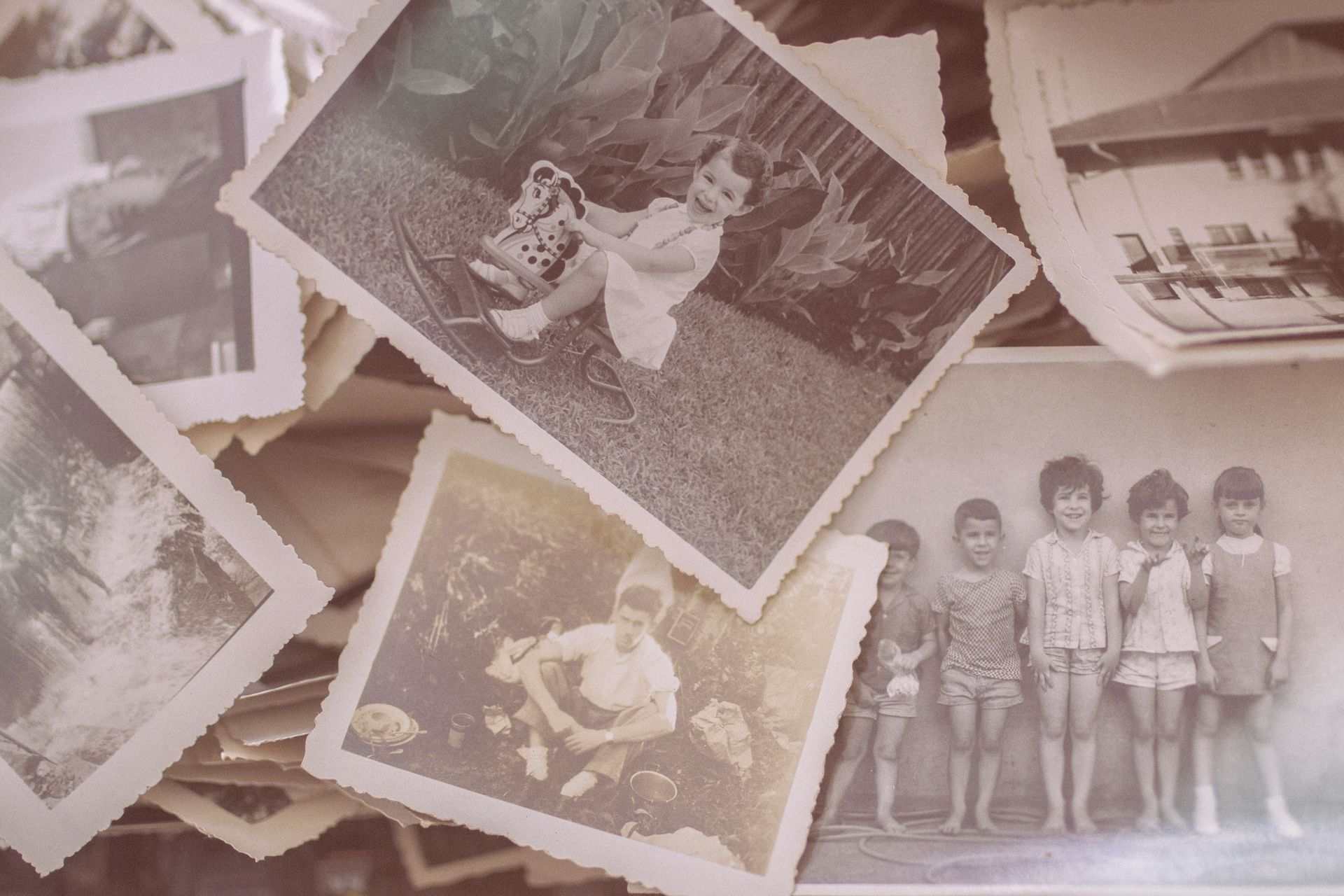“I’m Glad They Died”: The Benefits of Speaking Ill of the Dead
“You should never say anything bad about the dead, only good. Joan Crawford is dead. Good.”
—Bette Davis
Jennette McCurdy’s memoir, I’m Glad My Mom Died, has become a controversial bestseller. McCurdy explores her complicated grieving process for her physically and emotionally abusive mother. Her title directly challenges the stigma of speaking ill of the dead, a sentiment that continues to predominate in our society with little opposition. Like many social stigmas, it doesn’t have much basis in rationality, and its continued acceptance can be harmful.
There can actually be many benefits to speaking ill of the dead, especially for trauma survivors. When their offenders die, survivors often face a complicated emotional journey for which they need understanding, support, and acceptance. If you feel uncomfortable with the concept of speaking ill of the dead, you might be ill-equipped to support survivors, as you might feel tempted to minimize, challenge, or silence them. Instead, consider that survivors may need to speak ill of the dead to support their trauma recovery.
Supporting the Grieving Process
Trauma survivors may experience a mixture of conflicting and disturbing emotions during their grieving process. They may feel angry, happy, devastated, relieved, or overwhelmed. To aid in their grieving process, survivors may benefit from sharing their thoughts, feelings, and experiences involving their deceased offender(s). Some survivors may need to speak ill of the dead as part of their grieving process, while others may not. There is no right or wrong way to grieve.
Survivors should be intentional about who they allow to support them during their grieving process, especially when they speak ill of the dead. There are many reasons why people won’t be able to support them and might even be intolerant. These people may be grieving the offender(s) as well, and may perceive them very differently. As Dr. Matt Beard states, “When you really need to offload, try talking to someone who's neutral, and a curious empathetic listener who can help you.” At times, it might be best to seek out either those who did not know the deceased or those who are capable of distancing themselves from their own personal experiences of the deceased in order to support a survivor’s grieving process.
Acknowledging Intergenerational Trauma
Intergenerational trauma consists of trauma responses that are passed down from one or more persons to another (usually from within the same family or a shared community). This can begin with one event impacting one person in a family, one or more events that impact multiple people in a family, or traumatic experiences that impact a particular community (whether cultural, religious, ethnic, racial, sexual, national, or otherwise) as a whole. Here’s an example of intergenerational trauma that occurred in my own family: My grandfather served in World War II and witnessed the horrific deaths of his friends. He returned home and physically abused his wife and children. His daughter (my mother) grew up and physically and emotionally neglected her children. I feel empathy for my deceased grandfather, and I wish I had known him. Yet I have spoken ill of him as I needed to explore how his experiences impacted my mother, my extended family, and myself.
Survivors may need to speak ill of the dead in order to acknowledge and process the impact of intergenerational trauma. One reason why we speak about the dead is to tell the stories of their lives and to gain a better understanding of our own. Therefore, trauma survivors may need to speak ill of the dead in order to gain an understanding and acceptance of the impact of generational trauma and help themselves heal. In addition, survivors may need this understanding and acceptance before they are able to avoid passing this trauma along to future generations.
Breaking Cycles
Trauma survivors can be vulnerable to unknowingly repeating their past experiences. They might find themselves experiencing victimization again and again, they may victimize others, or they might engage in self-sabotaging behaviors. For example, if your father was a victim of domestic violence perpetrated by your mother, you might find that you yourself are also either a victim or a perpetrator of domestic violence, or perhaps you avoid romantic relationships altogether. You would thus be caught in a cycle of trauma. If I physically or emotionally abused or neglected my own children, I would be trapped in a cycle as well.
To break a cycle, trauma survivors might need to speak ill of the dead. They might need to say things such as, “I will never turn into my mother,” or “She was a terrible mother. I will never harm my children like she did.” Such verbalizations can help people foster awareness and accountability to help themselves avoid or break out of cycles of trauma.
Consider the benefits of speaking ill of the dead, especially for trauma survivors, when you feel the need to do so, or when you have the honor of supporting a trauma survivor.
Sign up for my monthly newsletter and receive the free e-book 25 Anxiety and Trauma Coping Hacks. Sign up HERE.
References
Krebet, Isabella. Is it OK to Speak Ill of the Dead? It Can Be. ABC Everyday. Retrieved from https://www.abc.net.au/everyday/is-it-ok-to-speak-ill-of-the-dead/11906…

All Rights Reserved | Amanda Ann Gregory, LCPC
Design & Consultation by Teresa Lauer, LMHC, GrowYourTherapyPractice.com *

